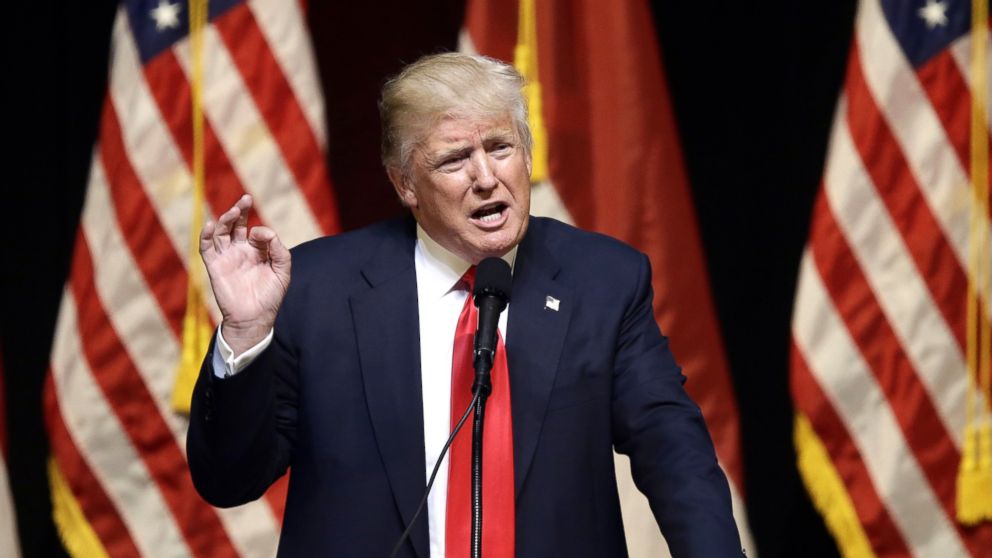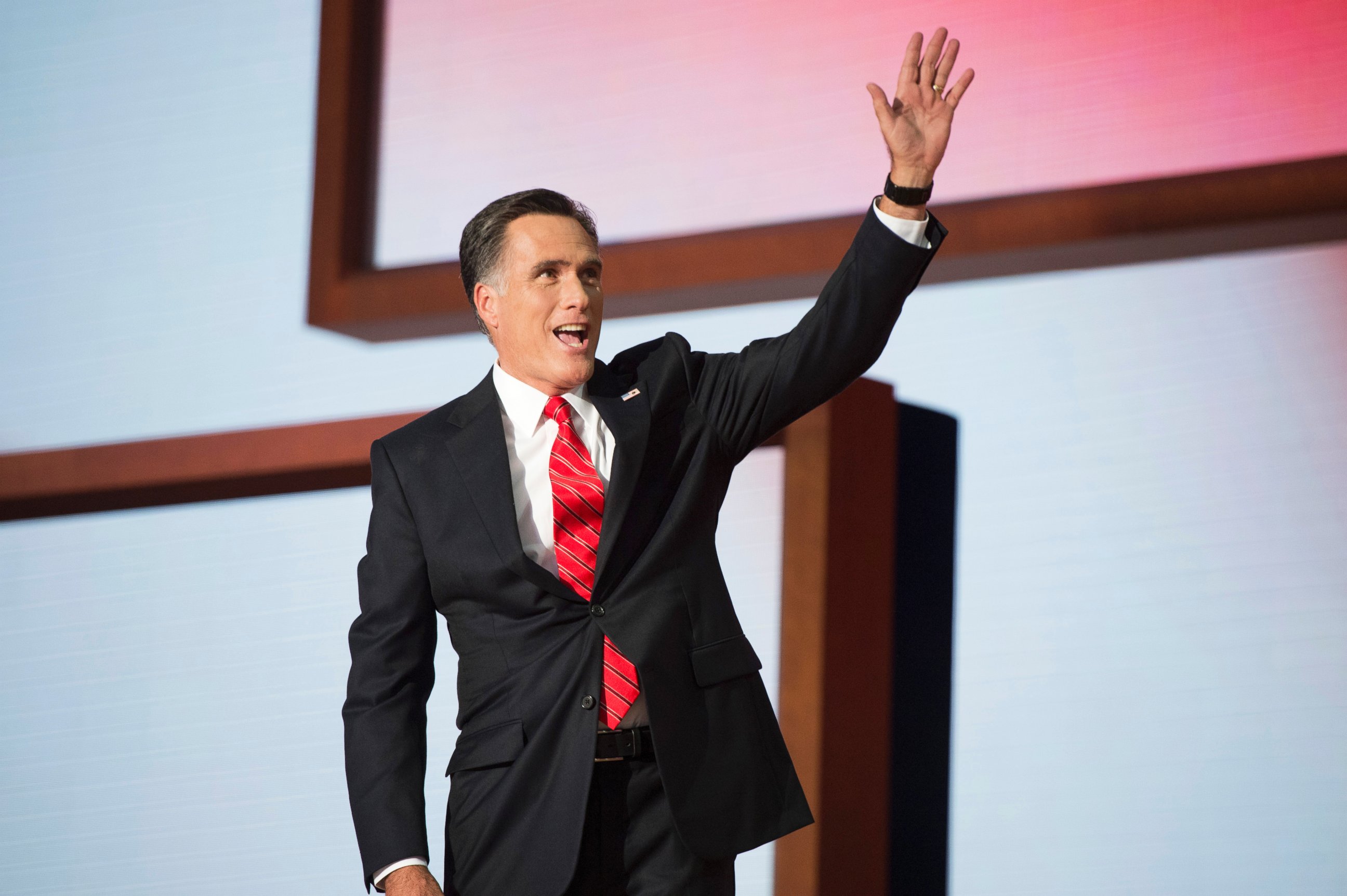Republican National Convention: Everything You Need to Know
Get up to speed before the convention starts.

— -- Cleveland is having a big summer.
A month after welcoming home the NBA championship-winning Cavaliers, tens of thousands of visitors are expected to descend on the city that prides itself as the world's capital of rock-and-roll for the Republican National Convention that starts Monday and runs through Thursday, July 21.
The tumultuous GOP primaries led to speculation that the party convention could be the first contested one in decades. Even though Donald Trump’s emergence as the presumptive party nominee -- after securing a majority of pledged delegates -- has put a damper on that notion, the candidate has nevertheless promised a spectacle.
Trump previously said that “we’re going to come up with some things that will make it interesting and informative,” though his campaign has been relatively tight-lipped about the schedule of events.

Surprise Schedule
Even though Trump said that he would announce the list of speakers in advance, the announcement was delayed.
Now, one day before the convention, there has still been no official schedule released.
The Republican National Committee has put out a partial list of speakers, which includes a mix of politicians and Trump family members and friends.
RNC chairman Reince Priebus is slated to speak as well as House Speaker Paul Ryan. According to Politico, who first reported Ryan's speaking role, his speech will largely address the House Republican agenda.
Senators Tom Cotton, Joni Ernst, Jeff Sessions and Mitch McConnell are all on the list as well. Some of Trump's former competitors -- Governors Chris Christie, Mike Huckabee and Scott Walker as well as Dr. Ben Carson -- are also on the docket, but since the schedule has not been released, there is no public listing of when they are slated to speak.
Although Christie and Carson have been actively campaigning for Trump and endorsed him after they ended their own campaigns, the same cannot be said for Sen. Ted Cruz. He accepted a speaking slot at the convention even though he has yet to endorse his former rival, who gleefully called him "Lyin' Ted" throughout the primaries.
Trump's running mate, Indiana Gov. Mike Pence, will likely be addressing the convention on the third night, per tradition.
Trump himself has repeatedly said that several members of his family will also speak at the party gathering. His wife Melania is expected to speak on the first night, and the candidate's four eldest children -- Donald Jr., Ivanka, Eric and Tiffany -- are also expected to take the podium. The only child not mentioned for a speaking role is Barron, who is 10 years old.
At a rally in Cincinnati on July 6, Trump said that famed former basketball coach Bobby Knight would speak at the convention, but that name was not on the list released by the convention planning committee on July 14.
"We have such a great convention planned," Trump has said.
And though the candidate hasn't specified if he'll be speaking more than once at the convention, tradition is for the nominee to be the final speaker on the convention's last night.

Notable No-Shows
There are several high-profile names that were never going to appear on it.
Presidents George H.W. Bush and George W. Bush, the only living former Republican presidents, have said they will not be attending the convention.
Former Republican presidential nominees Sen. John McCain and former Gov. Mitt Romney, who ran in 2008 and 2012 respectively, have also said that they will not be going to the convention.
The only recent former nominee who said he will be at the convention is Sen. Bob Dole, who ran unsuccessfully against President Bill Clinton in 1996.
Delegate Counts By The Numbers
Trump got the number of delegates needed to secure his party's nomination before the last few states actually headed to the polls.
According to ABC News' latest analysis of the delegate counts, he is estimated to have a total of 1,543 delegates (1,416 pledged and 127 super). He needed 1,237 to secure the Republican nomination.
It wouldn't be surprising if at the end of the first (and only) ballot vote, Trump has secured an even higher number because some of the delegates currently pledged to other candidates who have dropped out of the race may shift towards Trump.
Some delegates may stay with Sen. Ted Cruz, Sen. Marco Rubio or Gov. John Kasich, though some of those former-Trump competitors have already indicated that they plan to release their delegates to Trump in a show of unity.
Even if that does happen, however, some of the delegates may be forced to cast their vote for a candidate no longer in the race because they could still be bound by state party rules.
Safety Concerns
Cleveland city officials released a "preparedness plan" in late May about the security they will have in place ahead of the Republican convention, including plans to have police on foot, bicycle, motorcycle and mounted patrols.
Chief of police Calvin Williams released a statement last week noting that they are ready for the national spotlight.
"Throughout the course of planning for the RNC, our officers have undergone hours of training relative to many subjects," he said in the statement, though noted that not all of that information could be disclosed.
He said the Cleveland police have worked closely with local, state and federal law enforcement in preparing for the convention "to ensure that the highest safety standards are maintained."

Drama Before Hitting the Stage
Beyond the schedule, some of the most important decisions that will impact the way the convention is held were made this past week during the RNC rules committee meetings, where a group of delegates began preliminary meetings to set the rules for the convention and the official issue positions of the Republican Party.
Last-ditch efforts from anti-Trump forces to let delegates vote for whomever they choose and block Trump’s nomination failed during those meetings, and the movement’s leader told ABC News she would not attempt to force a vote in the full convention when it starts on Monday.
During the week, the GOP also took hard positions on same-sex marriage and transgender restroom use, while establishment Republicans fended off attempts to strip power from the RNC and make the rules friendlier to conservatives.
Even in situations where there was little or no competition over picking the party’s nominee, a new rules committee is formed every four years to set up the specifics of that convention.




